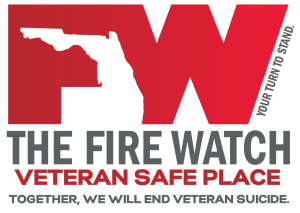
Pre-Employment Training
Getting hired at the right job takes time and preparation. During the pre-employment training phase, customers will gain valuable skills to set them up for a successful job-hunting experience. Course content includes:
Job Search Skills:
- Resume building
- Interview Skills
- Social Media and Online Networking
- Job Application Process
Transferable Soft Skills:
- Building Confidence
- Setting and Achieving Goals
- Communication Skills
- Stress Management
- Transportation Options
- Budgeting

Self-Advocacy Training
Available for Adults up to age 24, Self-Advocacy Training is a 30-hour interactive workshop that focuses on the development of soft skills – personal attributes needed for success on the job and apply to any career field. Soft skills relate to how you work and include interpersonal (people) skills, communication skills, listening skills, time management, empathy, critical thinking, problem solving, teamworking, professional attitude, and work ethic, among others, which are desirable in all professions.
What are soft skills?
Hiring managers typically look for job candidates with soft skills because they make someone more successful in the workplace. Someone can be excellent with technical, job-specific skills, but if they can’t manage their time or work within a team, they may not be successful in the workplace. Soft skills are also important to the success of most employers. After all, nearly every job requires employees to engage with others in some way. Another reason hiring managers and employers look for applicants with soft skills is that they are transferable skills that can be used regardless of the person’s job. This makes job candidates with soft skills very adaptable employees.
Key takeaways
Participants will build the confidence to speak for themselves, learn to effectively communicate their needs and feelings; understand positive thinking, attitude, and goals; have a clear picture of their skills and interests. They will also conclude their training with several job ready takeaways such as resumes, references, a cover letter and letters of recommendations.
By the end of the training participants will have learned:
- How to effectively navigate conflict
- How and when to disclose a disability
- What are reasonable accommodations and how to ask for them
They will also have participated in:
- Learning style assessments
- Career and interest assessments
Contact Us



 .
.
Latest News